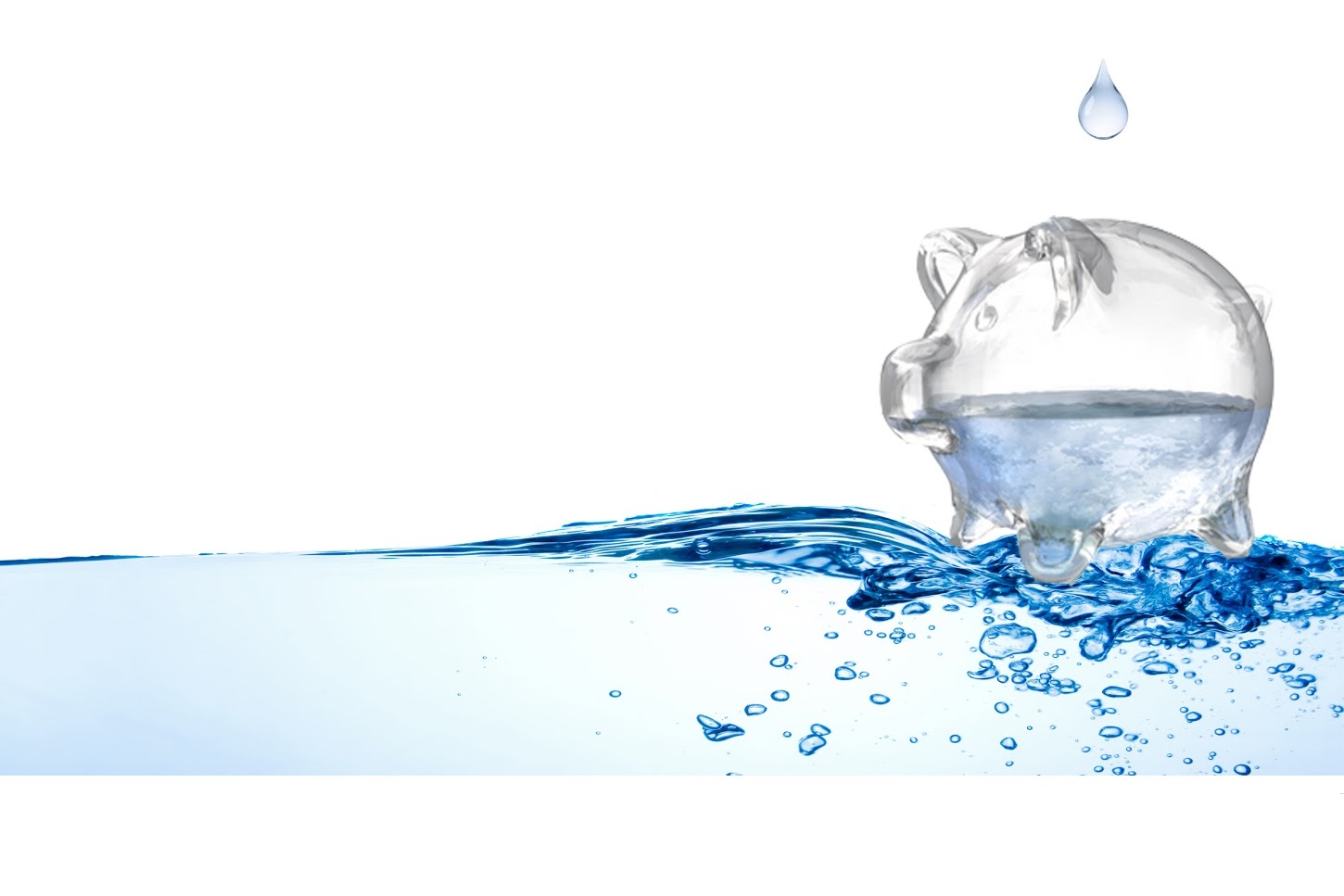It’s easy to take the most basic necessities for granted. Three meals a day. Clothes to wear. A place to live. Clean accessible water to drink.
Water is one of the fundamental, if not the most essential element of life. All forms of life require water to establish and maintain life.
So many of us freely wash our cars, water our lawns, bathe and launder our clothes with little regard for such a seemingly endless and readily available supply.
But we all know that’s not the case for everyone. That’s why it’s a good reminder today – March 22 is World Water Day – that others need our help.
Surely you have all heard the saying ,
“Water, water, everywhere but not a drop to drink”
These lines might just turn out to be true if the existing outlook of people doesn’t change. The conservation and sustainable use of water resources is imperative for the continuity of life on earth.
In 1993, the United Nations began an international observance for water. Since then, World Water Day has been celebrated every year on March 22. This is a day to celebrate an essential building block of life. It’s also a day to prepare for how we manage this resource in the future.
The theme of the World Water Day 2016 is ‘Water and Jobs’. It reflects the importance of water in the most comprehensive way. The first and the foremost thing created in this universe was water, as it was required for everything else. It is necessary not only for life but for all the necessities of life.
Whereas major chunk of jobs is directly related to water, the remaining can also vanish without water. Economy of the nations flourished rapidly those having comfortable water resources or having well managed it. It is required for food, energy, healthy environment and economic growth.
Three pillars of sustainable water management are equity, environment and efficiency. That ensures economic growth which is crucial for jobs creation. Jobs lead to satisfaction and happiness and ultimately to good health. Healthy nations are more productive and more creative that further add to economy and jobs market. Therefore, survival and well- being of individuals as well as nations depends on sustainable water management. Only sustainable water management can change world around us.
Facts and figures (Courtesy of http://en.unesco.org/)
No water, no jobs
- Three out of four jobs that make up the entire global workforce are water-dependent.
- The farming, fisheries, and forestry sectors alone, which are among the most heavily water-dependent, employ nearly one billion people.
Better water, better jobs, better lives
- Access to safe and reliable water supply and sanitation services at home, school and the workplace is critical to maintaining a healthy, educated and productive workforce.
- Inadequate water, sanitation and hygiene are associated with global economic losses of US$260 billion every year, largely related to lost time and productivity.
The water-job relationship in a changing world
- Climate change exacerbates the threats to water availability and will inevitably lead to the loss of jobs in certain sectors.
- The transition to a greener economy and the emergence of green technologies can generate positive shifts in employment and create opportunities for decent jobs.
Water crisis is one of the major issues that the world is facing and it is the responsibility, perhaps the duty of each one of us to contribute towards water management. Water scarcity would drastically change the environment along with our lives. Global water scarcity is expected to become a leading cause of political conflict in the future. Intelligent utilisation of water resources is the need of the hour. From now onwards, let’s all commit to saving each and every drop of water.
Thermax is one of the leading water treatment companies in India offering both customised and standardised sewage treatment plants for municipal corporations, housing societies, commercial complexes, SEZs, hotels and hospitals. These systems reduce lifetime costs and occupy 1/5th of the space of any conventional system. These can be installed in basements or on terraces with the options of recycling, complete automation and connections to the municipal lines, facilitating sustainable solutions of decentralised sewage treatment.




